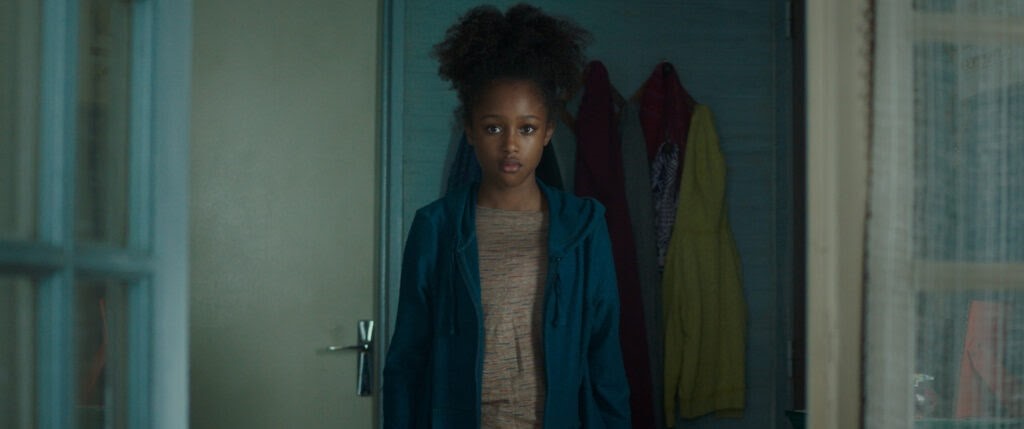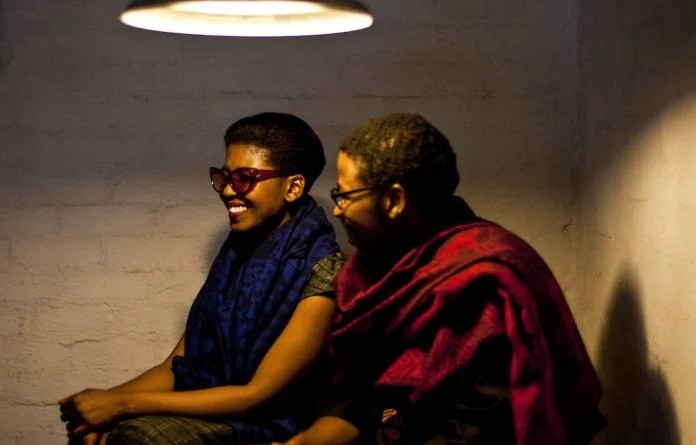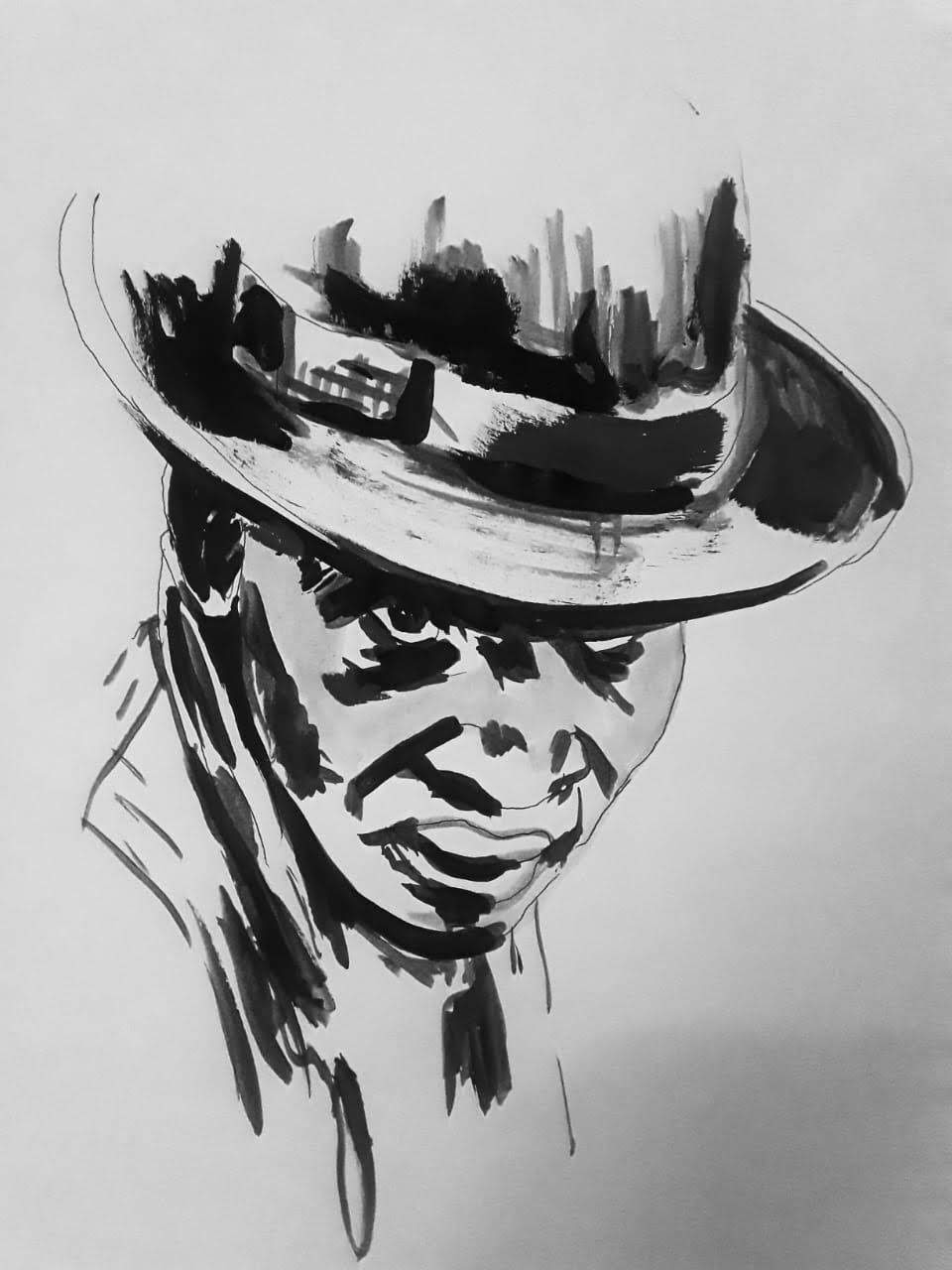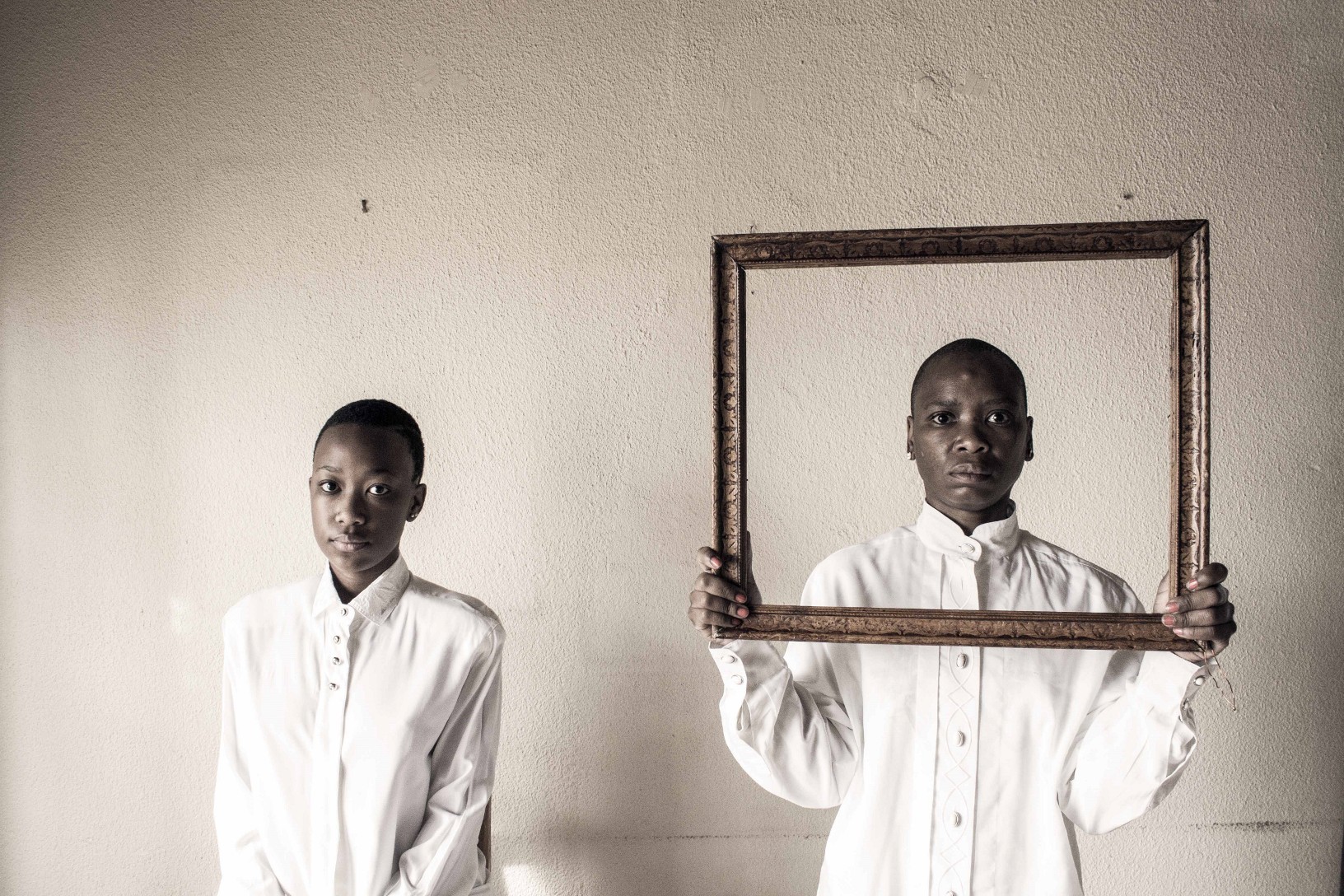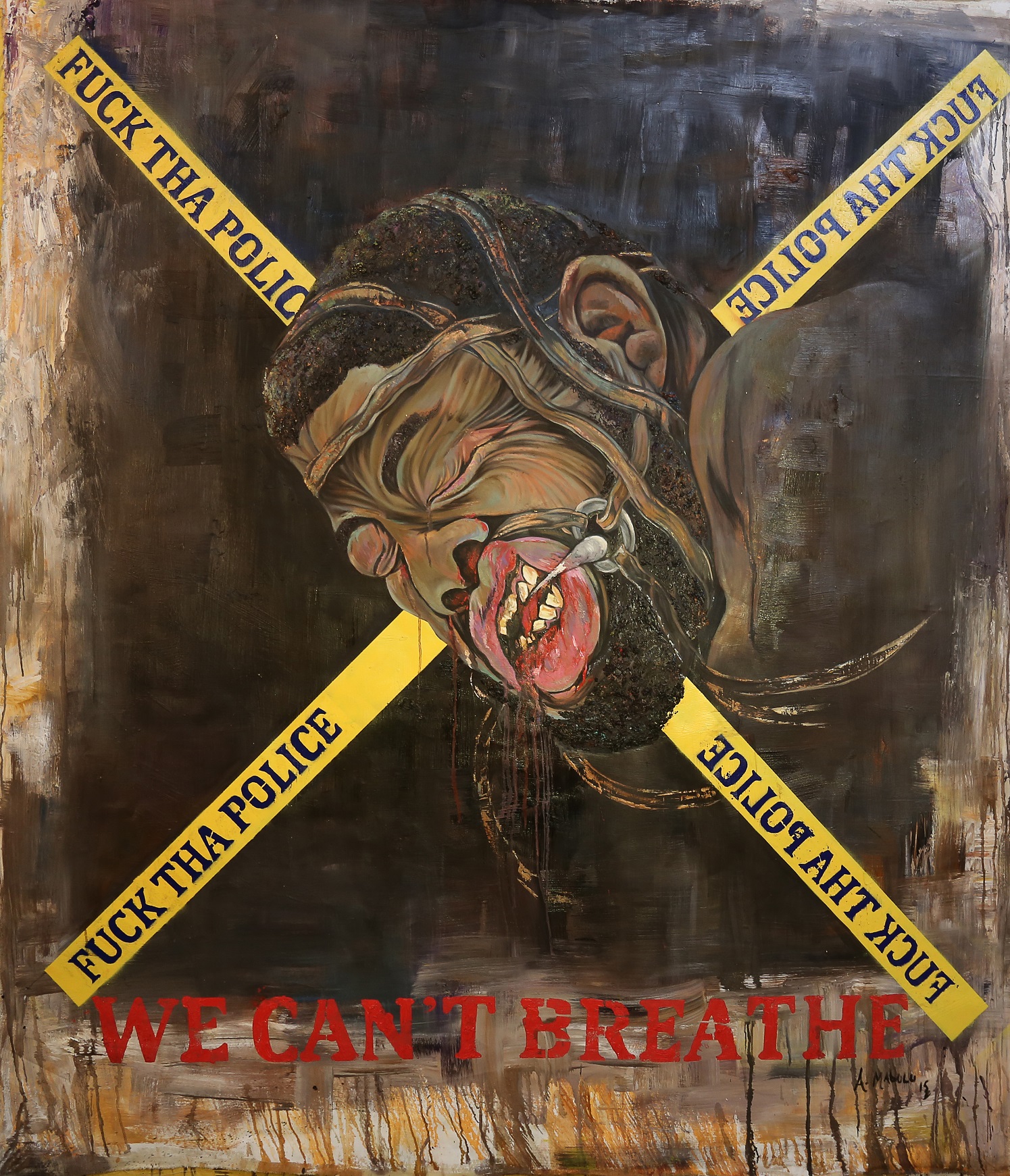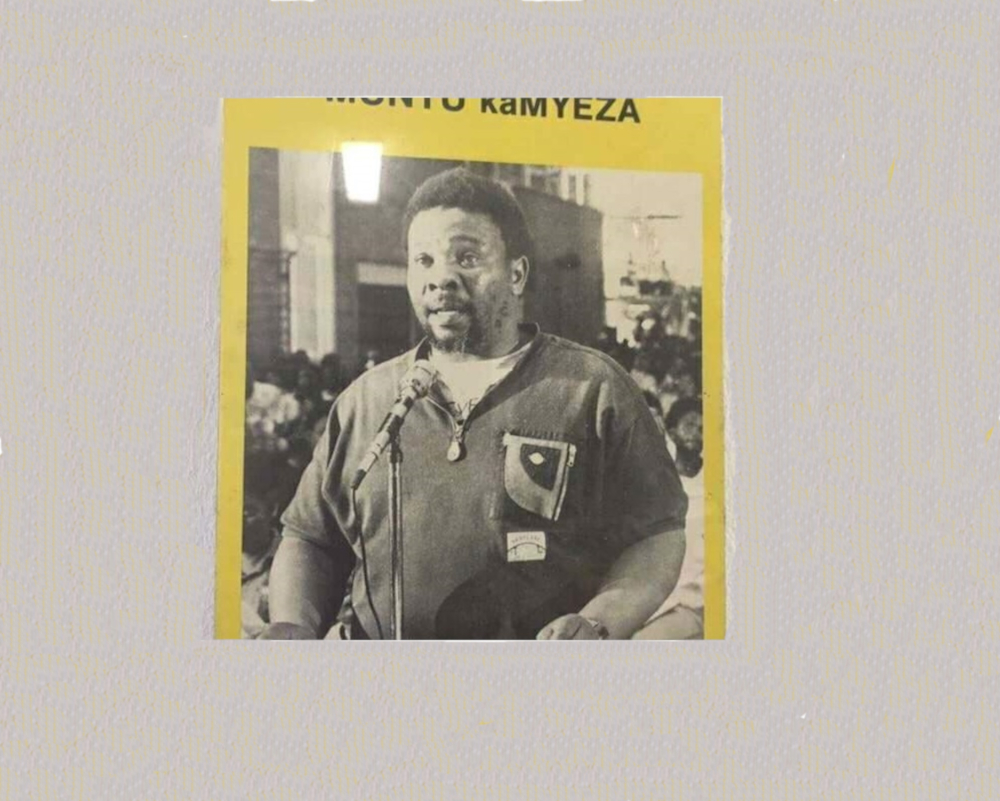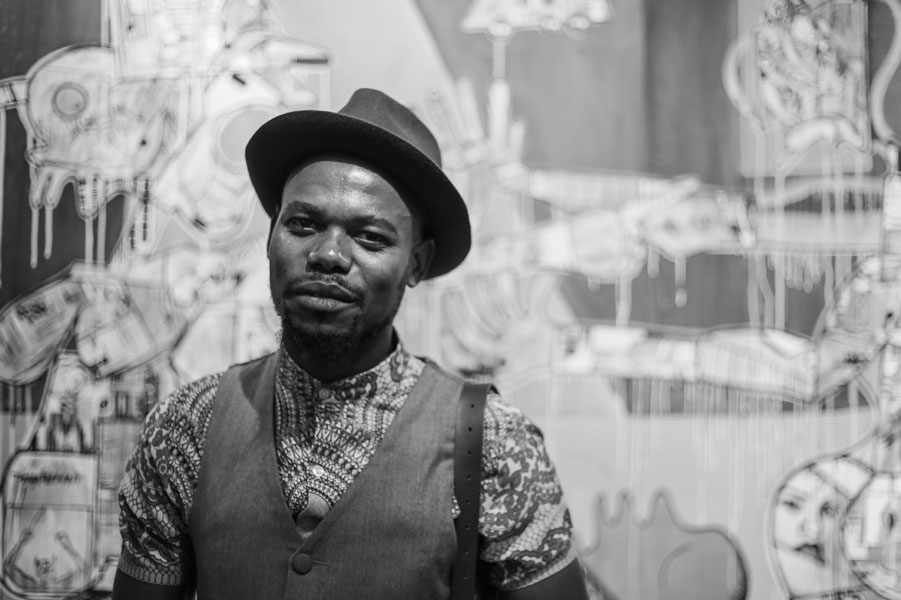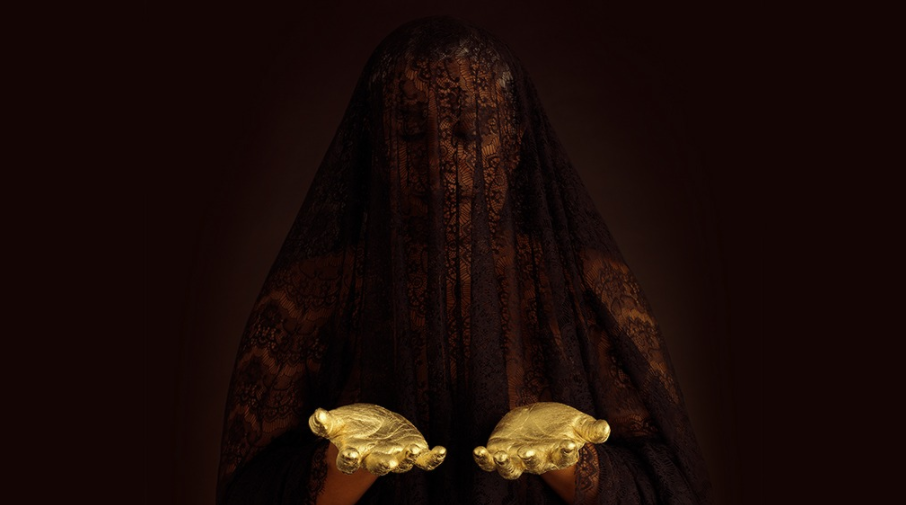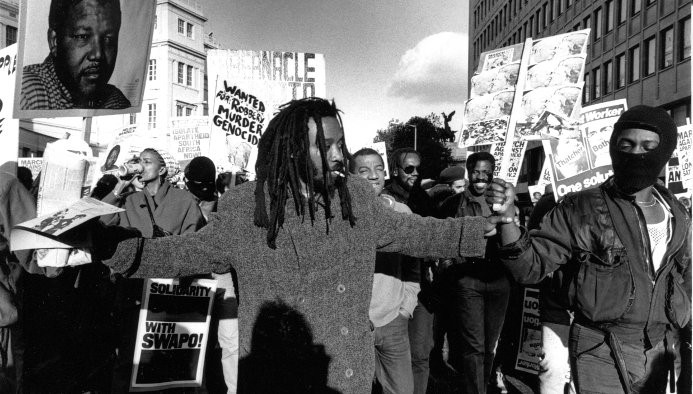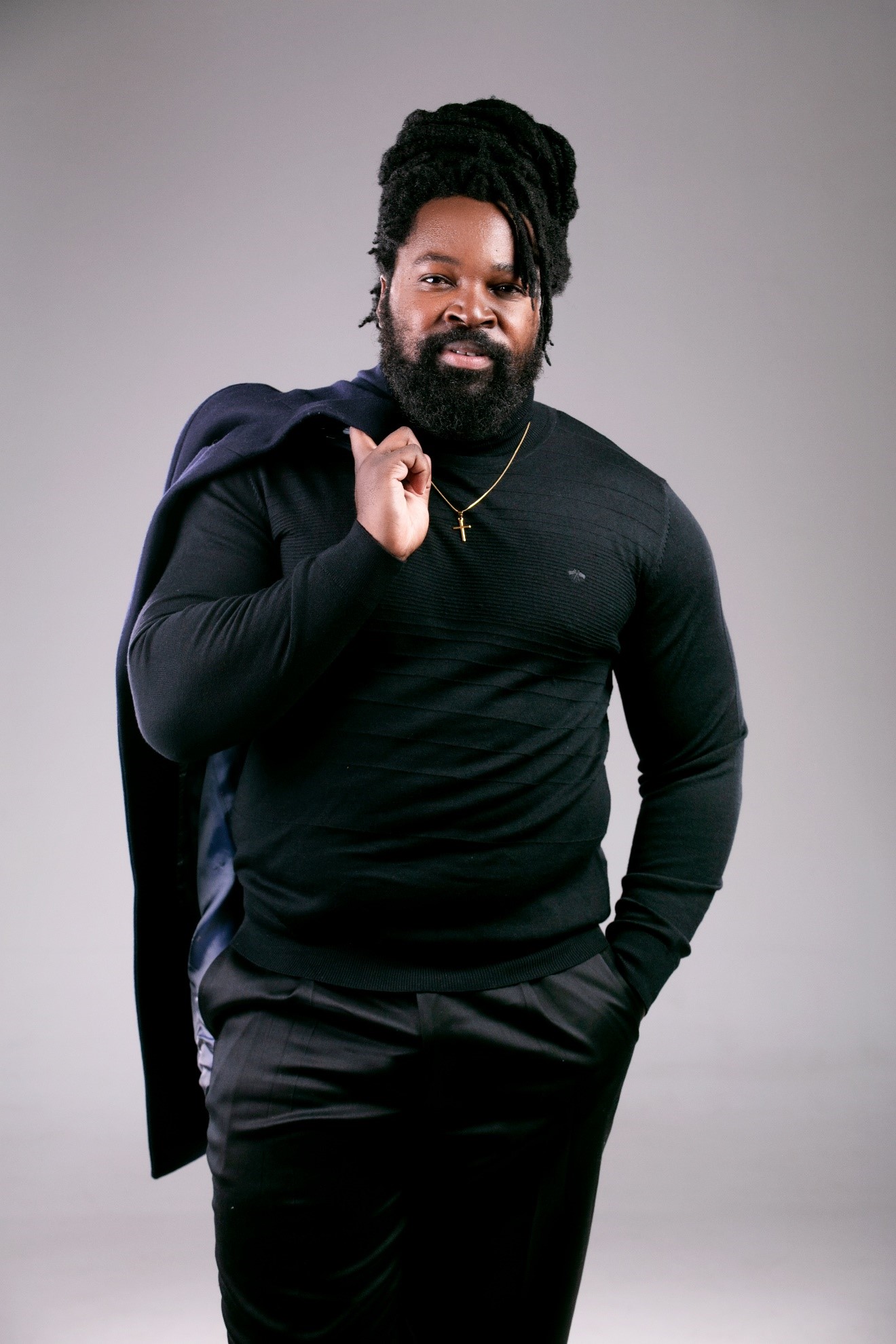Maïmouna Doucouré writes and directs a compelling anecdote about the contradictions of girlhood in her film, Cuties. Amy (played by Fathia Yousef) is a 12-y-o teenager navigating the transitions from being a child to a young woman. Her story is complicated by what she perpetually carries alongside her, an African – Singapore heritage. This not only rattles her very existence in France, but it informs her decision-making from her very first taste of imagined agency. She is overwhelmed by religion and what is expected of her as a girl-on-the-road to becoming a dignified black Muslim woman. This is coupled with the fast paced ‘intsagramified’ nature of the day. We witness her rise and fall.
This narrative immediately reminds me of Tsitsi Dangaremba's Nervous Conditions, a semi-autobiographical novel about a young Tambu, who was unmoved by her brother’s death. This book grapples with the challenges faced by girls trying to reach for their dreams, poverty, and what they have to undertake to succeed. Tambu is given an opportunity to go to school after the death of her brother Nhamo and that changes her entire life’s trajectory.
Much has been said about why this film does not deserve airtime. A significant amount of subscribers even threated to end their subscriptions with Netflix for promoting “child pornography". It is tempting to entertain that idea, but it is also not my cross to carry. The film certainly offers more to us than little girls dancing inappropriately. I am tempted to unpack the implication of growing bodies, but this film, just as in Dangaremba’s Nervous Conditions, helped me realise that I am still navigating that space as a grown or growing woman. The shame and discomfort attributed to this movie by the general public is definitely misplaced. I believe that it is ourselves that we should be shameful and uncomfortable with, for it is us that create this world that these cuties are born into.
Instead, I will speak about what the movie did to me. I saw myself in Amy. Seeing her unravel like that felt like an attempt by Maimouna to give young Black girls a mirror, reflecting their younger selves. It is an ode to healing past unresolved traumas through the act of observing them. I am convinced that adolescence and girlhood is indeed a traumatic experience. It is navigating the deep need to be liked/loved by boys and your peers (being someone’s girl child), the responsibilities bestowed to you by your sex, culture and religion, and the world outside of home and your ever changing body. This epitomises what is meant by growing pains and I wonder if we ever completely heal from it, even as adults.

Girlhood is A Nervous Condition
In primary school I, like Amy and Tambu, had a best friend. I loved her. We were good together. Till today, my heart fills with glee when I think of her. We sang together. I met her in grade three and we crushed reading competitions and spelling bees together. Until grade seven, she ditched me for a super clever cutie, who was as genius-clever as she was in maths (smart people and their factions). I was also clever. I just really sucked at maths. I spoke a lot and I also think me being the obvious choice for teachers when they needed someone to read out loud, act or sing caused micro-aggressions with the number nerds. I was deemed a liability to the group; they had to let me go. I took it well because the same thing happened in grade one. My neighbour whom I had been playing with ever since I could remember ditched me for another genius who stayed at Kariba Lodge. This naturally tarnished little old me and still affects how I relate to close friendships — with little to no loyalty or trust. Needless to say, I am grown now and I am not holding a grudge. Instead, I am proud of all of the girlies who are actually doing pretty amazing things with their lives.
During my limbo period in grade two I was stuck with this crazy cutie, who also stayed at Kariba Lodge, my neighbour fast took her out of fashion with her very own neighbour. Crazy cutie and I were bound by circumstance of being left. I am certain she almost drowned in our pool the previous year during one of our shenanigans (this was before life relegated me and my family to the township). I saved her from drowning (or was it my brother? possibly, I mean I was 5 or something). She spoke as much as I did, if not more. The two of us got into all of the trouble we possibly could have in that short space of time. She left our school for some fancy private school in grade three and came back in grade seven. I think she got expelled or something. I was not too concerned. I was just happy my true guardian angel was right on time to swish me out of the loneliness and victimization of being side-lined by the nerds. Every now and then, I see her on television slicing roles like the boss ass actor she is. I’m pursuing a degree in drama and in some weird way we are still together. Life is weird and girlhood is a nervous condition.

The Horizon
At the end of the film, after Amy has seen all of her fires, she breaks down, and runs into her mother’s arms. This is after she had decided that her mother was not the hero she thought she was. This image invites us to the conversation around healing the mother daughter bond. An entire thesis on its own, I digress. We see Amy playing skipping rope, jumping to the highest height, laughing, and accepting her complexities and sitting comfortably in her own skin. Tambu in Nervous Conditions helps us view society from a different perspective and the fact that everything is achievable is what we are left with. Even in my little sob story, I walk out with a lifetime’s worth of friendship after being pushed aside by those who did not really accept me. This is exemplifying that, even in the midst of the complications of becoming, solid ground is always on the horizon. Sometimes the breaking is the making. That, it is only when you truly see yourself can the world around acknowledge your worth

